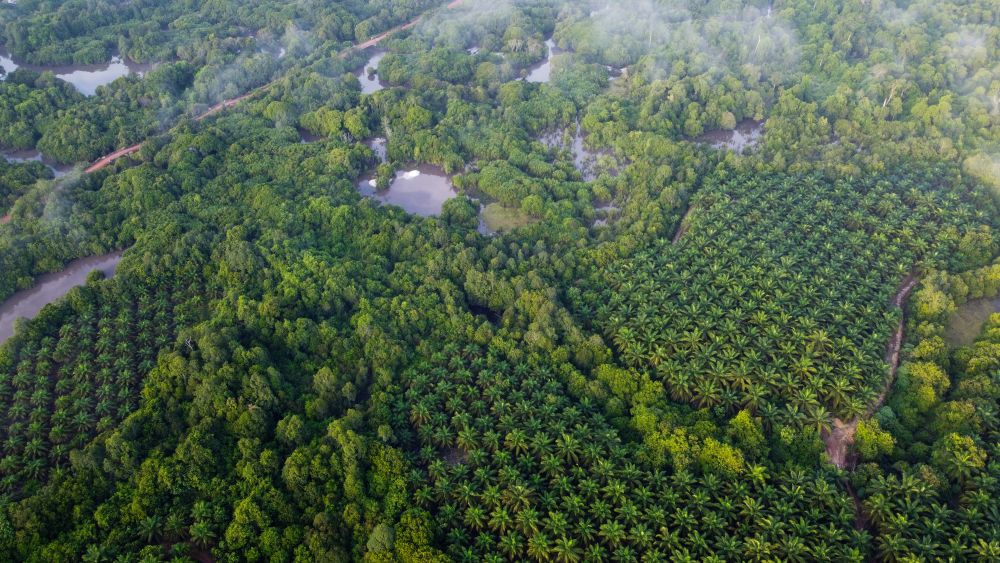ISEAL has published a new case study which examines how credible voluntary sustainability standards (VSS) can help businesses in the palm oil supply chain meet the EU Deforestation Regulation (EUDR) requirements while advancing broader sustainability goals.
The case study, part of a broader series titled “Navigating EUDR: Compliance and Beyond,” examines how systems like the Roundtable on Sustainable Palm Oil (RSPO) can support compliance while fostering long-term sustainability.
Sustainability legislation
Sustainability legislation has expanded rapidly in recent years. Addressing critical supply chain issues such as deforestation and human rights risks have gone beyond being voluntary action by responsible businesses to become a legal obligation. While these emerging regulations are supporting the shift to sustainable business operations, they also carry many challenges. One risk for businesses is focusing on compliance may lead them to solely examine their own sourcing footprint rather than considering broader, industry-wide progress.

The EUDR, which came into force to combat deforestation linked to commodities such as palm oil, requires companies to demonstrate traceability, legality, and deforestation-free sourcing across complex global supply chains. For the palm oil sector – particularly in Indonesia and Malaysia which account for the majority of global palm oil production – this presents certain logistical and structural challenges.
Systems supporting smallholder inclusion
The ISEAL case study underscores that credible VSS provide businesses with robust frameworks for due diligence. Notably, it highlights that RSPO Certified producers already adhere to RSPO’s Standards including the Principles and Criteria (P&C), which often exceed EUDR requirements.
The CASE STUDY highlights that RSPO Certified producers already adhere to RSPO’s Standards including the Principles and Criteria (P&C), which often exceed EUDR requirements.
These systems also support inclusive supply chain development by ensuring that smallholder farmers, who contribute nearly 40% of palm oil production, can participate in sustainable markets.
Traceability remains a critical challenge. As many smallholders frequently sell through intermediaries, verifying their products’ origins could be a complex endeavour. To tackle this, RSPO is piloting innovative digital solutions like prisma, a new trade and traceability platform, and implementing guidance via an ISEAL Innovations Fund-supported project.
ISEAL’s case study illustrates how credible VSS can go beyond compliance by promoting holistic, industry-wide transformation, enhancing transparency, and supporting smallholder access to global markets. With regulatory landscapes rapidly evolving, such systems are vital for building resilient and sustainable palm oil supply chains.
Go to case study.
Keep reading

Book Your Slot for the Additional prisma Clinic Session at RT2025

Advancing Jurisdictional Certification in Sabah: Strengthening Collaboration Between RSPO, UNDP, and Jurisdictional Approach System for Palm Oil (JASPO)
Call for Expression of Interest: Independent Investigation of a Complaint

Leading Labels: RSPO Among Top Sustainability Labels in Dutch Market

The 21st International Oil Palm Conference Successfully Took Place in Cartagena, Colombia

Top Performers of the 2025 Shared Responsibility Scorecard

ACOP 2024: RSPO Market Trends Resilient Despite Global Challenges

RSPO: Actions for the Certification of Sustainable Palm Oil Production




